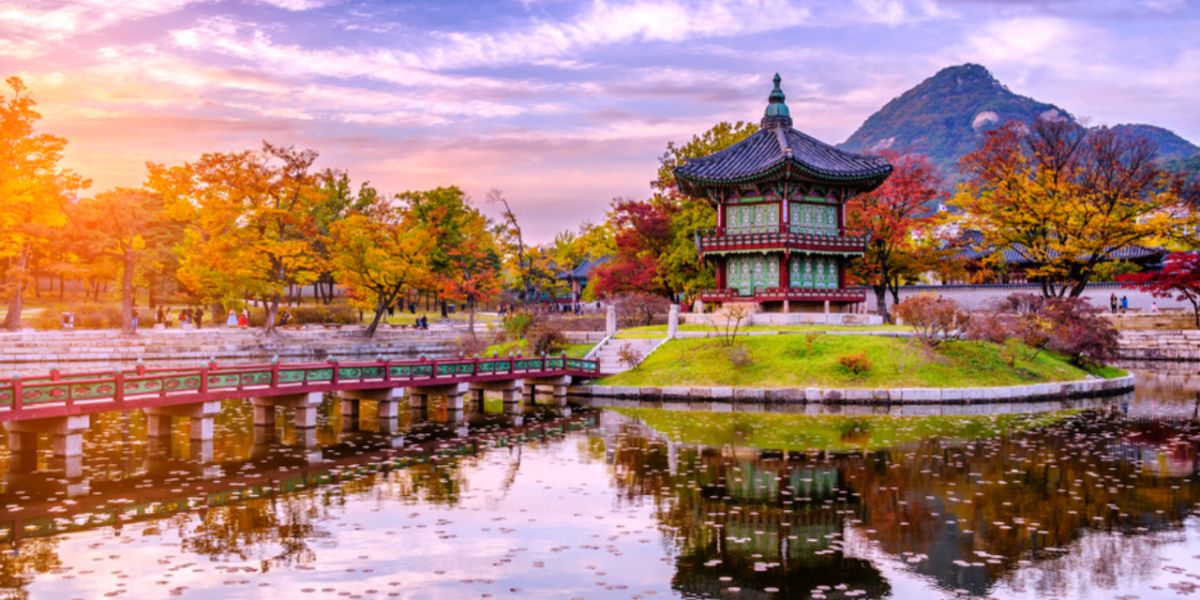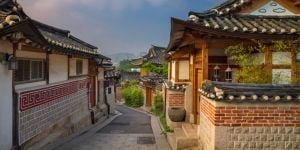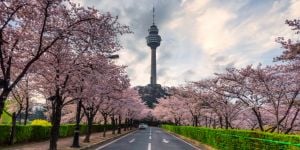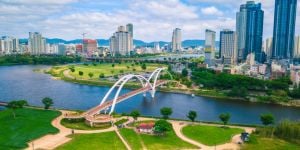
Finding housing in South Korea will be among your first priorities. The Korean rental system is very different from most other countries, particularly due to high prices and the availability of properties. You will definitely have to be very patient and take your time in deciding which city and neighbourhood will best suit your needs.
Types of accommodation
You can opt for an apartment in a guarded complex with security services, shops and parking or for a condominium (villa), larger and usually located in a less populated building, or a studio or an individual house (single family house) with a garden. There are also many 'officetels', which are a combination of offices and hotel rooms, as well as smaller studios, which are usually located in the city centres.
The size of a house or apartment in Korea is calculated in "pyeong", which equals about 3.3 square meters.
Fees for water, gas and electricity vary according to the type of housing, so you have to read your lease documents carefully. Sometimes the Internet is already available in the building but often you will have to make your Internet and TV contract.
Rental systems in South Korea
The two major rental systems in South Korea are called "Jeonse" and "Wolse".
The 'Jeonse' System
"Jeonse" is a unique rental system where the tenant pays a high deposit, often between 50% and 100% of the total price of the house or apartment. This large sum is then given back to the tenant when moving out. This system is particularly popular when interest rates are high as people can invest the money in different ways as they are only required to return the initial deposit to the tenant. This system requires a large initial investment for the tenant, especially if the unit is located in a popular residential area.
The 'Wolse' System
"Wolse" is a rent system most similar to Western systems, where the tenant pays a monthly rent to the owner. The deposit, two to three months' rent, must be returned to the tenant at the end of the lease. In other cases, the payment of all instalments will be requested in advance. This system is particularly popular when interest rates are low.
Agency fees
It is generally recommended to go through a real estate agent to find accommodation. You will find English speaking staff who will explain the Korean rent systems to you and also inform you of financial risks connected to the deposit payment, particularly with the "jeonse" system.
Agencies are legally allowed to charge 0.5 % of the annual rent amount as agency fees. Most of the time, 3% of the amount of rent for the first two years are charged. Check fees and conditions with the real estate agents before you finalise your contract.
Useful links:
We do our best to provide accurate and up to date information. However, if you have noticed any inaccuracies in this article, please let us know in the comments section below.








